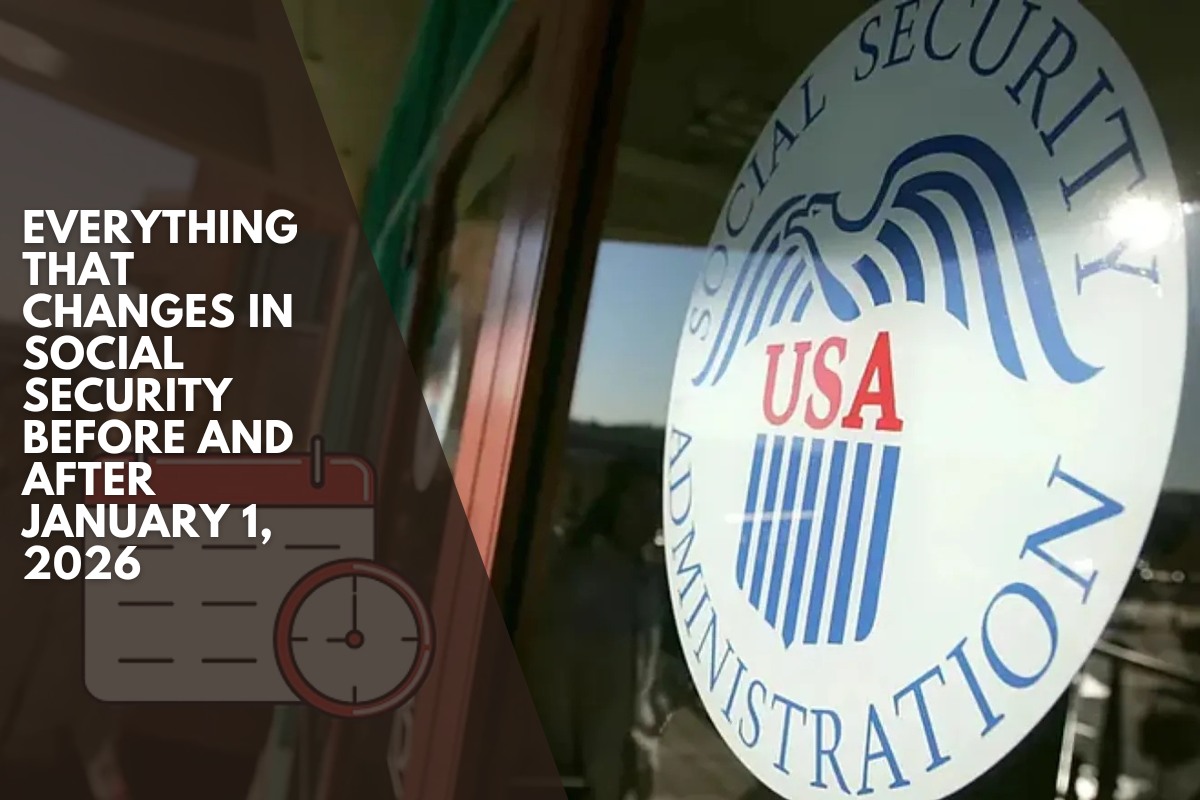Some Social Security recipients will face significant benefit reductions this month as the Social Security Administration (SSA) implements a new policy to recover billions in overpaid benefits.
Beginning in late July, the agency began withholding 50% of monthly payments from those with outstanding overpayment debts, a fivefold increase over the previous standard. The SSA announced the change in April, after years of criticism for its handling of overpayments.
From 2020 to 2023, the SSA reported an estimated $32.8 billion in OASDI and SSI overpayments.
How Does Overpayment Happen?
Overpayments are frequently caused by reporting delays, benefit miscalculations, or unreported income, especially among those on disability or in early retirement.
In March, the Social Security Administration proposed withholding 100% of monthly benefits until debts were repaid, but later revised the plan. The withholding rate was raised to 10% during the Biden administration in response to widespread reporting on the devastating impact overpayment debts had on Social Security recipients, many of whom had no idea they were receiving too much money.
While the 50% rate is less severe, experts and advocates are concerned about how the policy will affect low-income retirees and disabled people who rely on Social Security as their primary source of income.
“Collecting half of someone’s Social Security benefits is very extreme. Most people on Social Security who have received an overpayment do not have any other source of income. “Taking 50% of someone’s income leaves them without the means to survive,” says Ashley F. Morgan, an attorney and owner of Ashley F Morgan Law.
Morgan stated that her firm frequently sees these cases, particularly among those receiving disability benefits.
“If you earn more than allowed for a period of time, then your benefits have to stop,” Morgan told me. “Too often people earn money and fail to report the earnings to the Social Security Administration and the government only finds out after the overpayment has happened.”
She also cautioned early retirees: “If you are currently 64 and collecting Social Security retirement and also working, you need to monitor your earnings. If you work too much, they will reduce next year’s earnings to offset the overpayment.”
For those struggling to manage repayments, both experts highlighted potential options.
“For those who feel that 50 percent withholding is unjust or causes severe hardship, there is legal recourse,” said Savidge. “They can request a lower withholding rate, a waiver of recovery, and even appeal the overpayment decision.”












